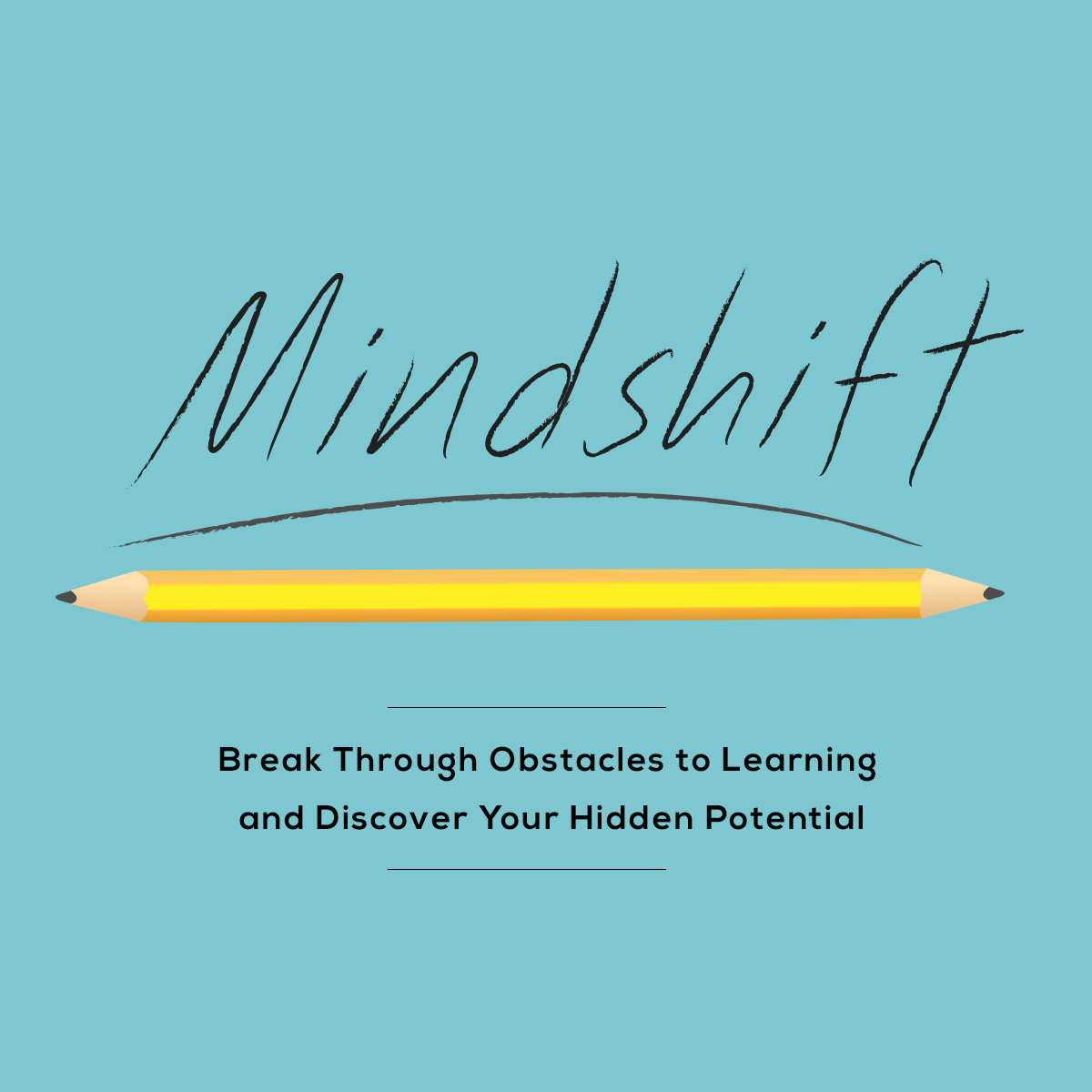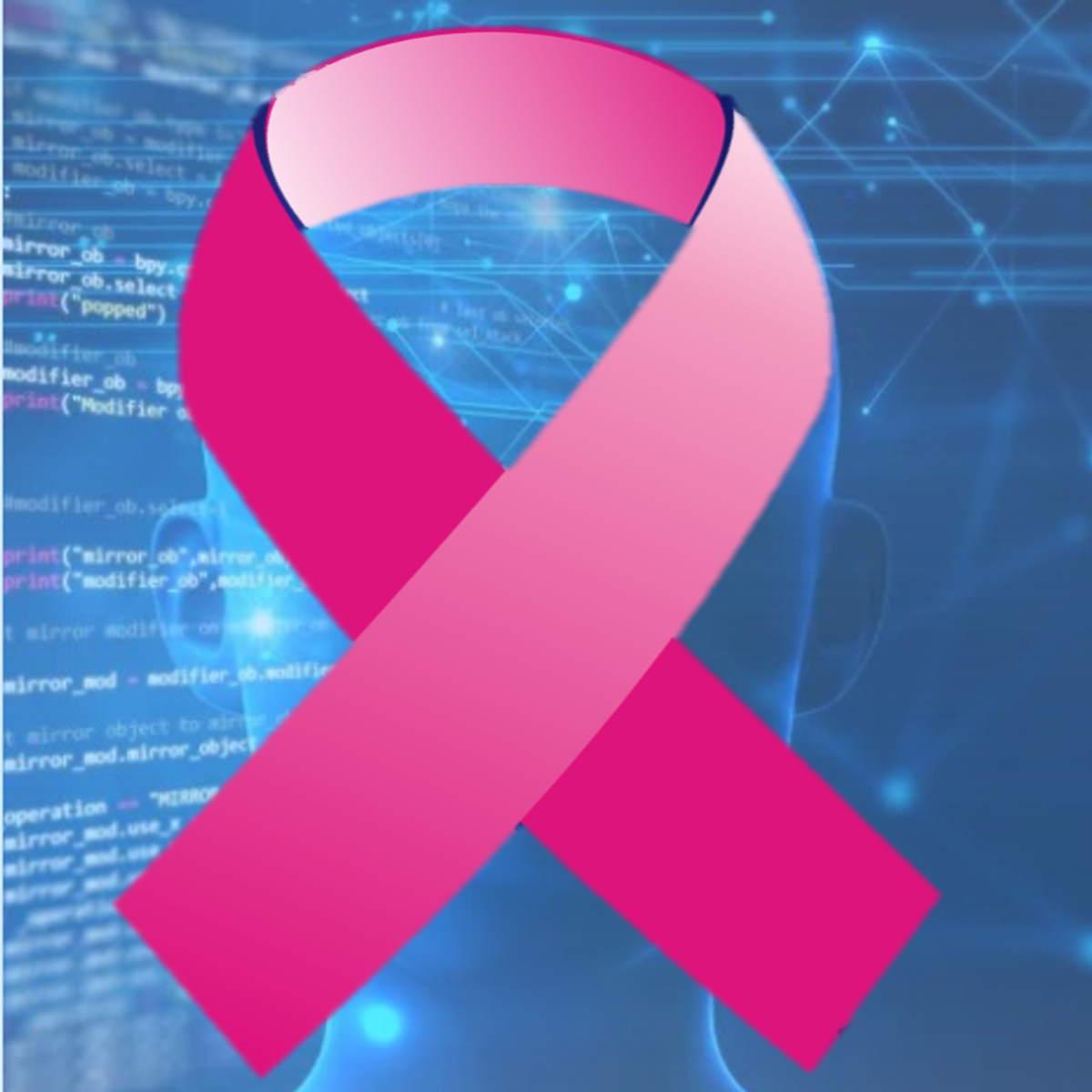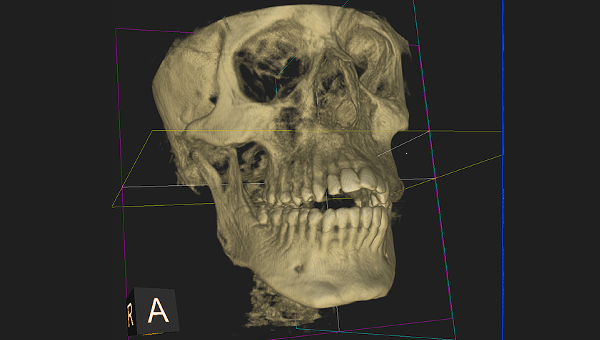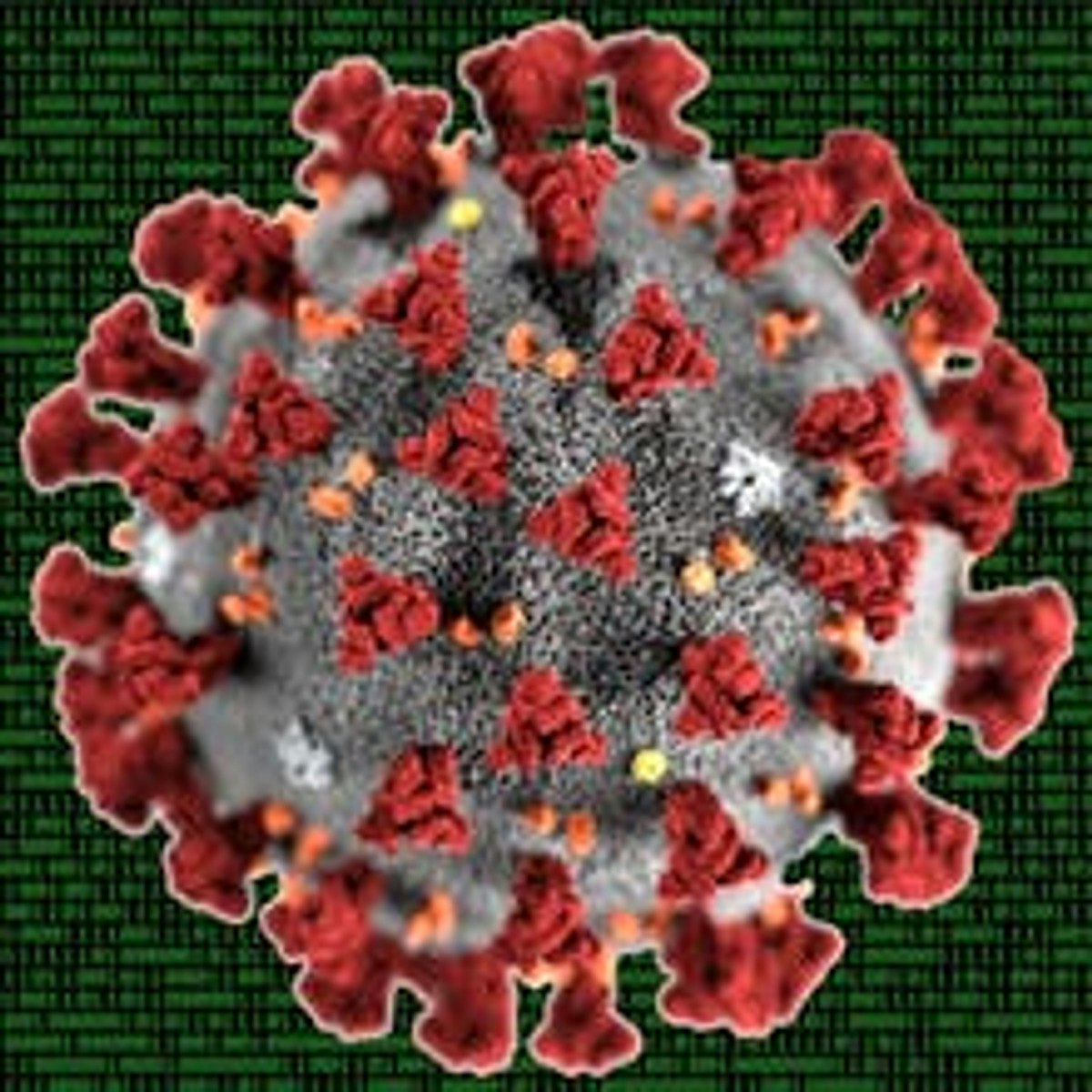Back to Courses









Life Sciences Courses - Page 52
Showing results 511-520 of 644

Measuring and Modeling Impact in Evaluations
We want to provide you some information about our course “Measuring and Modeling Impact in evaluations”. The purpose of this course is to give you a better understanding of different measures of impact that could be used in the evaluation of a program in the areas of maternal and child health and nutrition. For each of the measures presented, we will discuss current sources of data you might draw on as well as describe the methods that can be used to measure these. When we describe the methods, we also try to identify the strengths and weakness of the methods as well as their suitably for use in an evaluation. The course also discusses how modeling can be used in evaluations as either a replacement for measuring impact or to supplement measured impact. The last two lessons in this course focus on giving you an introduction and training on how the Lives Saved Tool (LiST) works and how to use it. This model can be used to estimate most – if not all – of the impact measures we describe in the course and can be an important part of both planning and estimating impact in an evaluation of a large-scale program. While this course is self-contained, it is also linked to other courses on evaluation. We developed this course for public health program managers and evaluators and assume the students in the course will have a background in public health with a focus on maternal and child health in low- and middle-income countries.
The development of this course was supported by a grant from Government Affairs Canada (GAC) for the Real Accountability, Data Analysis for Results (RADAR) project.

Mindshift: Break Through Obstacles to Learning and Discover Your Hidden Potential
Mindshift is designed to help boost your career and life in today’s fast-paced learning environment. Whatever your age or stage, Mindshift teaches you essentials such as how to get the most out of online learning and MOOCs, how to seek out and work with mentors, the secrets to avoiding career ruts (and catastrophes) and general ruts in life, and insights such as the value of selective ignorance over general competence. We’ll provide practical insights from science about how to learn and change effectively even in maturity, and we’ll build on what you already know to take your life’s learning in fantastic new directions. This course is designed to show you how to look at what you’re learning, and your place in what’s unfolding in the society around you, so you can be what you want to be, given the real world constraints that life puts on us all. You’ll see that by using certain mental tools and insights, you can learn and do more—far more—than you might have ever dreamed!
This course can be taken independent of, concurrent with, or subsequent to, its companion course, Learning How to Learn. (Mindshift is more career focused, and Learning How to Learn is more learning focused.)

Trustworthy AI for Healthcare Management
This MOOC gives an introduction to trustworthy artificial intelligence and its application in healthcare. This includes modules on basics of artificial intelligence and an introduction to trustworthy and ethical applications of artificial intelligence. A dedicated lesson will present the Z-Inspection® process for assessing trustworthy AI, and real-world case studies will illustrate how to apply the knowledge.
The course is aimed at healthcare professionals, patients, and AI practitioners. It does not require previous knowledge on AI.
Participants will learn:
- How AI systems work and learn
- What tasks can be solved by AI
- Common challenges for AI in healthcare
- Fundamentals of Trustworthy AI
- How to assess Trustworthy AI
- How Trustworthy AI assessments look in practice
This course was developed by Goethe University Frankfurt as part of the research project 'Pan-European Response to the Impacts of the COVID-19 and future Pandemics and Epidemics' (PERISCOPE). Funded by the European Commission Research Funding programme Horizon 2020 under the Grant Agreement number 101016233, PERISCOPE investigates the broad socio-economic and behavioural impacts of the COVID-19 pandemic, to make Europe more resilient and prepared for future large-scale risks.
PERISCOPE website: https://www.periscopeproject.eu/

Population Health: Fundamentals of Population Health Management
What are the principles of Population Health Management as a pro-active management approach to improve health and to tackle health disparities? In this course we will discuss the basic principles of Population Health Management that will help you as (future) health care professional or policymaker to analyse current healthcare challenges and to design possible solutions using the Population Health Management Approach.
During this course you discuss the rationale for the current value transformation in healthcare and Population Health Management as a logic reaction. You will be confronted with the leading frameworks of Population Health Management. You determine the necessary building blocks, including the evaluation and implementation issues.
This Course is part of the to-be-developed Leiden University master program Population Health Management. If you wish to find out more about this program see the last reading of this Course!

Artificial Intelligence for Breast Cancer Detection
The objective of this course is to provide students the knowledge of artificial intelligence processing approaches to breast cancer detection. Students will take quizzes and participate in discussion sessions to reinforce critical concepts conveyed in the modules. Reading assignments, including journal papers to understand the topics in the modules, will be provided.
The course is designed for students who are interested in the career of product development using artificial intelligence and would like to know how AI can be applied to mammography. The course content is focused on the AI processing paradigm along with the domain knowledge of breast imaging.
This course approach is unique, providing students a broad perspective of AI, rather than homing in on a particular implementation method. Students who complete this course will not only leverage the knowledge into an entry level job in the field of artificial intelligence but also perform well on projects because their thorough understanding of the AI processing paradigm.

Moralities of Everyday Life
How can we explain kindness and cruelty? Where does our sense of right and wrong come from? Why do people so often disagree about moral issues? This course explores the psychological foundations of our moral lives.
Infectious Disease Transmission Models for Decision-Makers
During the COVID-19 pandemic, both the promise and perils of using infectious disease transmission models to make public health policy decisions became clearer than ever. Optimal use of modeled output requires that public health policy makers be informed consumers of models, that they understand the strengths and limitations of possible approaches, and they know the right questions to ask about the vulnerabilities of the model results.
This course aims to provide anyone who makes decisions about public health policies and programs with a clear understanding of how infectious disease transmission models work, the various types and functions, and how they can be appropriately used to make decisions. There is no requirement that students have any prior background in infectious disease models and the course does not include any equations. Anyone with a basic background in public health and infectious diseases with an interest in learning more about infectious disease models will benefit from this course.
In this course, participants will review the basics of infectious disease transmission models, including comparisons to other types of predictions used in daily life and an overview of the key components of a model and modeling structure. Next, participants will delve into the types of infectious disease models: forecasting, inferential, and theoretical models. Then, participants will learn about assessing whether a model is useful, reasonable and relevant, as well as the vulnerabilities of these models. These concepts will be applied to case studies of the Ebola outbreak in West Africa from 2014-2016 and the COVID-19 pandemic. The course will be rounded out with a review of how models inform policy decisions, including major sources of uncertainty for decision making.
Learners who complete this course will have a broad view of infectious disease transmission models, how to assess the usefulness of a given model, and how these models inform policy decisions.
Who should take this course?
-Public health policy makers
-Anyone interested in learning about how infectious disease transmission models can guide public health policy
The development of this training was funded by the Centers for Disease Control and Prevention’s Center for Forecasting and Outbreak Analytics. We are grateful to Coursera for waiving enrollment fees through 2025.

Foundations of Healthcare Systems Engineering
Through dynamic video lectures and practical application questions, you will learn about the Foundations of Healthcare Systems Engineering. In this course you will learn about the current lack of synchronized, efficient, and integrated healthcare systems, which are some of the drivers for improvements to healthcare delivery. Also in this course, you will learn about the different types of systems and how they are translated to the healthcare field for appropriate systems engineering process applications, with exemplars. Upon system type articulation and mapping, the systems engineering approach will be introduced to help begin the process of: 1) investigating healthcare challenges, needs, and requirements development; 2) developing system concepts, that are derived from requirements, and then realized in physical and process form; and finally, 3) the establishment of means to verify, validate, and deploy healthcare systems that address the need and meet requirements. Applications and exemplars will be provided.

Introduction to Dental Medicine
The mouth is the window into human health. This course provides an overview of dental medicine to engage, educate, excite and assist you in improving the oral health of your patients and members of your community. We will review topics in dental medicine including scope of the field, what to expect in function, and some of the many ways that dysfunction may present for different patients. This will include discussions of mouth, jaw, and tooth anatomy, pathology, and treatment. We will talk about differences between patients and the unique roles that different members of the dental field may play in treatment depending on the patient and condition. This course starts from basic concepts and proceeds to review trends in current research and technology. We offer scientific background, some skills for patient evaluation and interview, and some suggestions for further learning for those interested in or involved in dental education.

Hacking COVID-19 — Course 3: Unraveling COVID-19's Origins
In this course, you will follow in the footsteps of the bioinformaticians investigating the COVID-19 outbreak by investigating the origins of SARS-CoV-2. Whether you’re new to the world of computational biology, or you’re a bioinformatics expert seeking to learn about its applications in the COVID-19 pandemic, or somewhere in between, this course is for you! As you go through this journey, we will introduce and explain genomic concepts and give you many opportunities to practice your skills, and we will provide a series of problems with gradually increasing complexity. This third course will only discuss the multiple sequence alignment and maximum-likelihood phylogenetic inference of SARS-CoV-2 genomes, but future courses in this series will explore follow-up bioinformatics analyses used in the COVID-19 pandemic.
